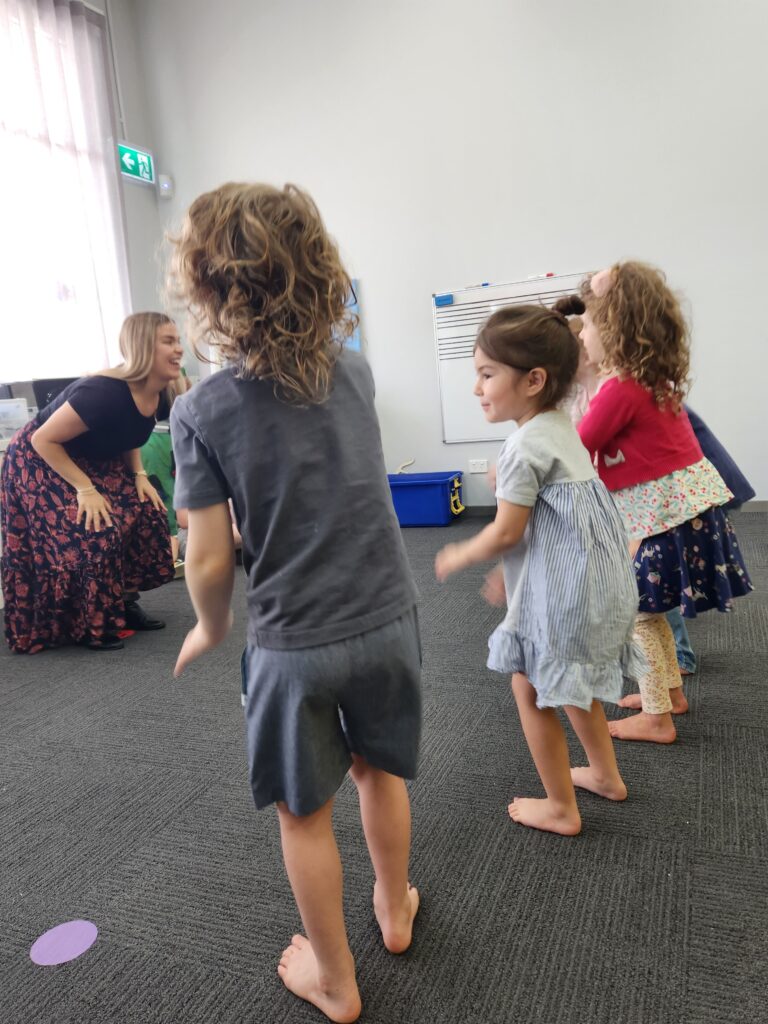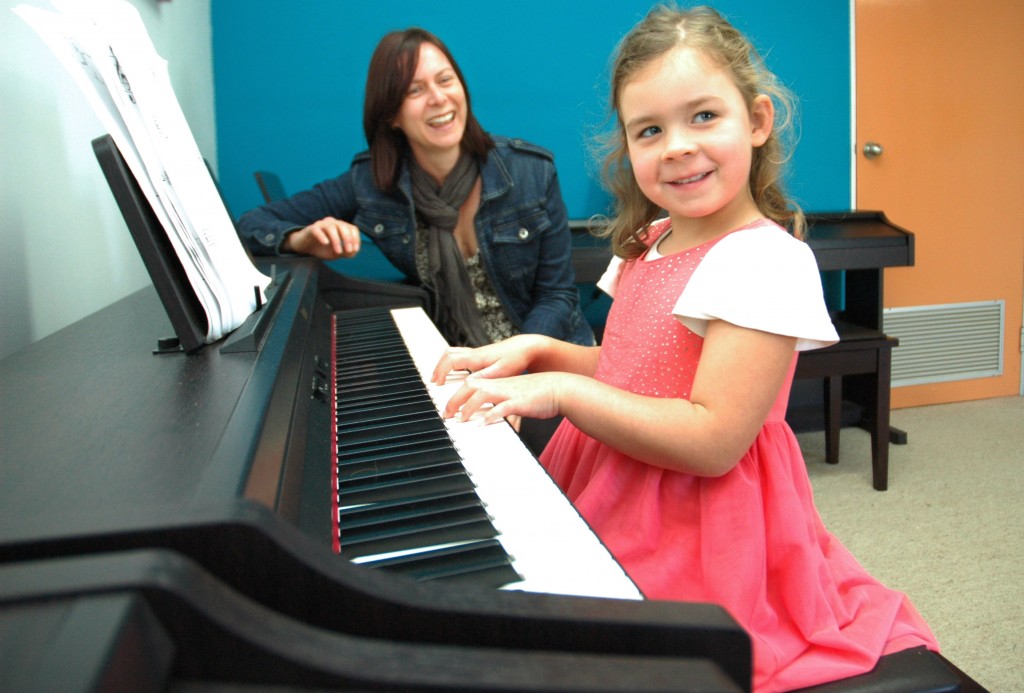
This course incorporates all fundamentals for practical and musical development. An emphasis on aural training expedites the learning process and the students develop the components of musicianship and technique simultaneously. Each student is provided with a digital piano for use in the classroom. An unpressured atmosphere, but effective structured programme taught by fully qualified music specialists.
Junior Course
Ages 4-6 years at commencement
Pianorama Junior Music Course comprises all the elements required to develop musical and technical skills for the young beginner. The curriculum is specifically written to encompass a wide range of musical activity, which enables concentration levels to be kept at the optimum during the lesson. A focus on developing a musical ear accelerates the process of achievement. Our classrooms are equipped with a digital piano for each student in the classroom, as well as a full range of percussion instruments. Teachers help to simplify theoretical work with interactive lessons on a white board and all piano pieces are learnt with the additional support of speed variable backing tracks.
In each 45 minute weekly lesson, the students experience the following:
•Piano tuition – technical development, with solo and ensemble experience;
• Aural (Ear) – to train the musical ear for faster comprehension;
•Singing – pitch and vocal expression through original, contemporary songs;
•Percussion – practical experience of learnt rhythmic patterning;
•Theory – intellectual confirmation of music notation and theoretical elements;
•Music Appreciation – to develop listening skills and through actions understand musical structure;
•Musical Games – Fun activities involving learnt skills


Primary School Course
Ages 7-12 years at commencement
This course is aimed for students with no previous experience in piano tuition. The focus primarily is to teach the piano as the practical instrument, whilst simultaneously developing strong aural and theoretical skills. Teaching in a group environment for this age is particularly beneficial from the learning perspective, as the students enjoy learning together and aspire to reach standards set by one another. With regular home practice, the students fly through this curriculum and can feel progress from the early stages, which in turn encourages them to continue through to more advanced levels.
The course includes:
•Aural – to develop a musical ear both melodically and rhythmically.
•Finger Gym – to develop technically.
•Repertoire – graded pieces covering all musical styles.
•Harmony – practical understanding of harmonic processes.
•Ensembles – to enjoy playing different parts as a group.
•Theory – consolidation theoretically of music and rhythmic notation and additional music elements.
•Music Appreciation – to analyse popular musical classics.
•Musical Games – to enjoy testing learnt skills through fun activities.
A comprehensive musical education developing not just a piano player but also musicianship.
